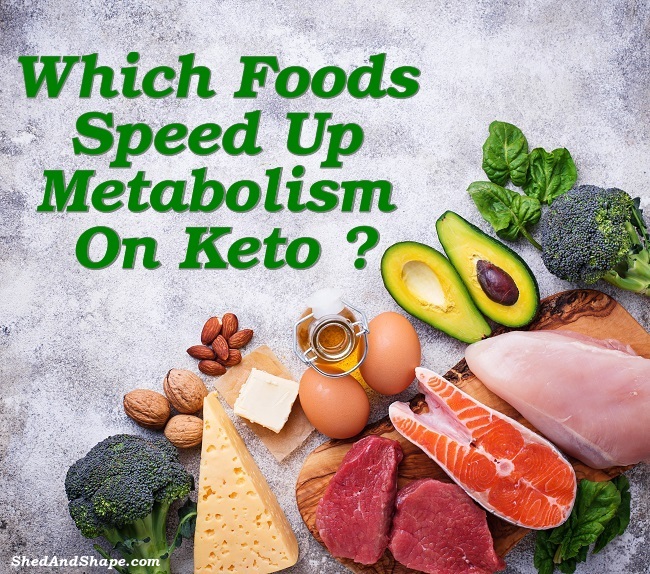Ketosis and Metabolism: How a Low-Carb Regimen Transforms Your Body’s Energy System
Introduction
The ketogenic diet, known for its low-carbohydrate, high-fat approach, has been a topic of increasing interest due to its profound effects on weight loss and metabolic health. Central to this diet is the metabolic state known as ketosis, where the body shifts from using carbohydrates as its primary fuel source to burning fats. This article explores how ketosis works, its impacts on metabolism, and the potential benefits and considerations of sustaining this metabolic state.
Understanding Ketosis
Ketosis occurs when carbohydrate intake is drastically reduced to typically less than 50 grams per day, forcing the body to look for alternative fuel sources. Deprived of glucose, the liver begins converting fatty acids from the diet and body fat into ketone bodies, which serve as a potent and efficient source of energy for the brain and muscles.
The Transition to Fat Metabolism
This shift does not happen overnight. It can take a few days to weeks for the body to adapt to this new fuel system. During this transition, individuals might experience symptoms such as fatigue, headache, and brain fog, often referred to as the “keto flu.” However, these symptoms typically subside once the body fully adapts to fat metabolism.

Metabolic Advantages of Ketosis
Enhanced Fat Burning
By significantly reducing carbohydrate intake, the ketogenic diet pushes the body to tap into its fat reserves for energy, leading to increased fat burning. This process not only aids in weight loss but also stabilizes blood sugar and insulin levels, reducing the spikes and crashes that can result from a high-carb diet.
Improved Insulin Sensitivity
Ketosis can improve insulin sensitivity, which is beneficial for preventing type 2 diabetes and managing symptoms in those already diagnosed. With lower insulin levels, the body’s cells are better able to respond to insulin and effectively take up glucose from the blood.
Appetite Suppression
Ketone bodies have a natural appetite-suppressing effect. This can make it easier to maintain a caloric deficit without experiencing the hunger typically associated with dieting. The satiating nature of fats—the cornerstone of the ketogenic diet—also helps in reducing overall calorie intake.
Potential Benefits of Ketosis
Neurological Benefits
Beyond metabolism, ketosis has been studied for its potential benefits in various neurological disorders. The ketogenic diet originated as a treatment for epilepsy, significantly reducing seizure activity in many patients. Ongoing research suggests potential benefits for other neurodegenerative disorders such as Alzheimer’s disease and Parkinson’s disease.
Cardiovascular Health
Although high in fats, a well-formulated ketogenic diet can improve heart health by lowering triglyceride levels and increasing levels of HDL (good) cholesterol. However, the impact on LDL (bad) cholesterol can vary, and individuals with preexisting heart conditions should consult healthcare providers before starting the diet.
Considerations and Risks
While ketosis has many potential benefits, it is not suitable for everyone. Certain populations, such as those with pancreatic or liver diseases, pregnant or breastfeeding women, and individuals with a history of eating disorders, should avoid this diet or proceed only under medical supervision.
Long-term adherence to the ketogenic diet may also lead to nutritional deficiencies if not properly managed. Supplements may be necessary to meet daily requirements for nutrients like fiber, vitamins, and minerals, typically abundant in fruits, grains, and vegetables.
Conclusion
Ketosis profoundly impacts metabolism, offering potential health benefits ranging from weight loss to improved neurological health. However, it requires careful management and consideration of individual health needs. As research evolves, it will likely continue to illuminate the ways in which this powerful metabolic state can be harnessed for health and wellness, reinforcing the need for personalized dietary approaches in achieving optimal health outcomes.
